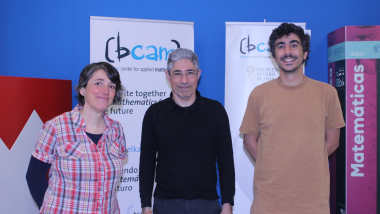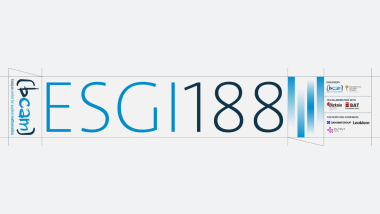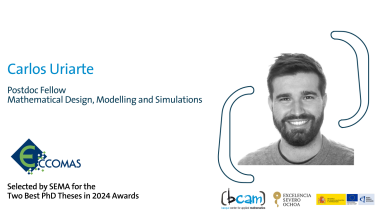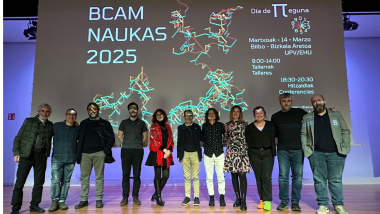Carlos Uriarte will defend his thesis on the 23rd of February
- The thesis defense will take place at the Faculty of Informatics of UPV/EHU in Leioa
Carlos Uriarte received a Bachelor’s degree in Mathematics in 2018 and a Master’s degree in Computational Engineering and Intelligent Systems in 2019 from the University of the Basque Country. He joined BCAM in 2019 as an Intern, then as a Research Technician, and finally as a PhD Student in 2020.
His thesis, titled “Solving Partial Differential Equations using Artificial Neural Networks” will be supervised by Prof. David Pardo (BCAM) and Prof. Elisabete Alberdi (UPV/EHU)
Carlos's thesis defense will take place on the 23rd of February in the Lecture Hall of the Faculty of Science and Technology at UPV/EHU (Leioa) at 11:30 a.m.
On behalf of the entire BCAM team, we wish Carlos the best of luck for his defense!
Abstract
Partial differential equations have a wide range of applications in modeling multiple physical, biological, or social phenomena. Therefore, we need to approximate the solutions of these equations in computationally feasible terms. Nowadays, among the most popular numerical methods for solving partial differential equations in engineering, we encounter the finite difference and finite element methods. An alternative numerical method that has recently gained popularity for numerically solving partial differential equations is the use of artificial neural networks.
Artificial neural networks, or neural networks for short, are mathematical structures with universal approximation properties. In addition, thanks to the extraordinary computational development of the last decade, neural networks have become accessible and powerful numerical methods for engineers and researchers. For example, imaging and language processing are applications of neural networks today that show sublime performance inconceivable years ago.
This dissertation contributes to the numerical solution of partial differential equations using neural networks with the following two-fold objective: investigate the behavior of neural networks as approximators of solutions of partial differential equations and propose neural-network-based methods for frameworks that are hardly addressable via traditional numerical methods.
As novel neural-network-based proposals, we first present a method inspired by the finite element method when applying mesh refinements to solve parametric problems. Secondly, we propose a general residual minimization scheme based on a generalized version of the Ritz method. Finally, we develop a memory-based strategy to overcome a usual numerical integration limitation when using neural networks to solve partial differential equations.
Related news
Zentroari buruz
Zentroari buruz
ESGI 188 (European Study Group with Industry) Bilbon izango da 2025eko maiatzaren 26tik 30era
BCAM pertsonak




